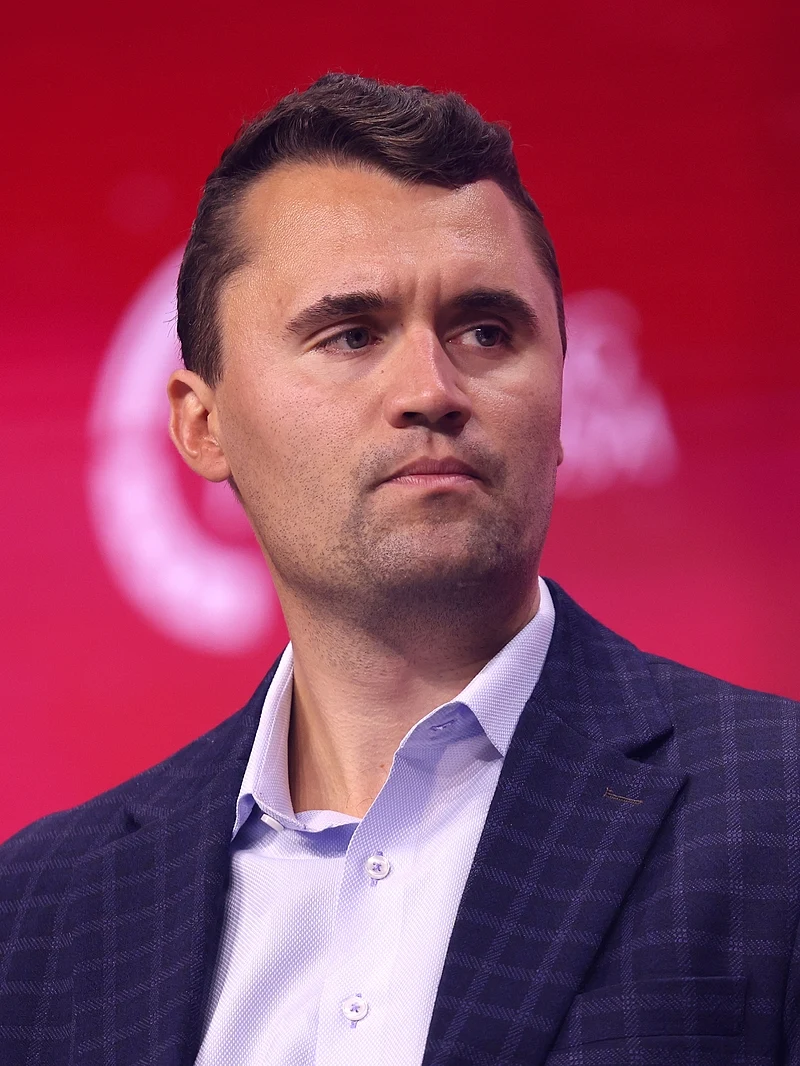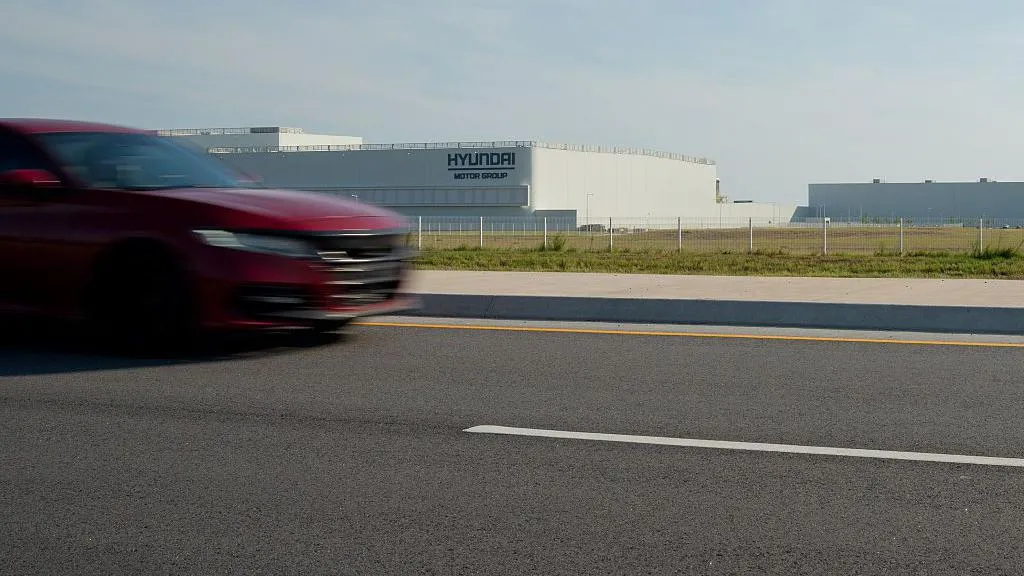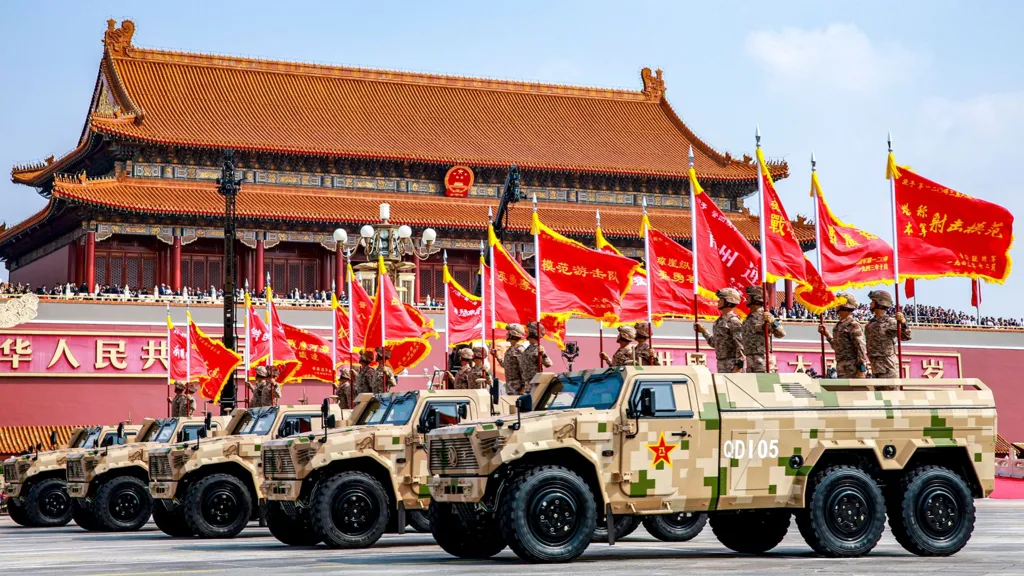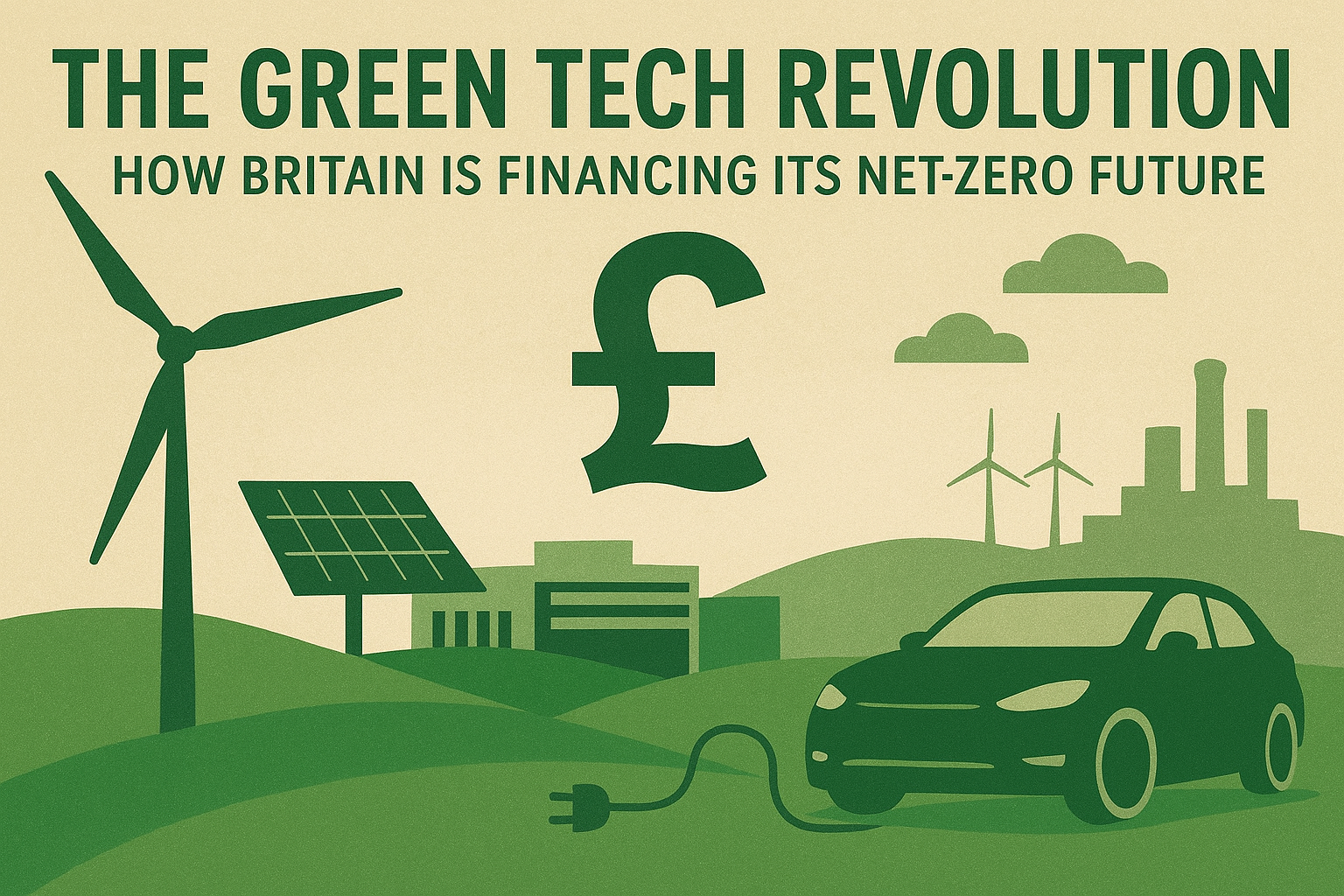What began as a lively campus debate under cloudless skies in Utah ended in chaos and bloodshed when conservative activist Charlie Kirk was fatally shot before a crowd of students.
The 31-year-old founder of Turning Point USA, known for his combative style and staunch support of Donald Trump, had been engaging political opponents at an outdoor tent marked with the words “prove me wrong.” Cheers and protests mixed in the air—until a gunman’s bullet struck Kirk in the neck.
Students scattered in panic as cameras captured the attack, images that will linger for many who had seen Kirk as a standard-bearer of their generation’s conservative movement. For his followers, the killing is already being framed as martyrdom.
Kirk often warned of hostility from critics, yet he continued to tour liberal-leaning campuses, positioning himself as a champion willing to confront ideological adversaries face-to-face. His group, Turning Point, played a pivotal role in mobilizing young voters that aided Trump’s return to the White House this year.
A Deadly Pattern
The Utah shooting is the latest in a string of high-profile political attacks. Earlier this year, two Democratic legislators in Minnesota were shot at home, one fatally. In 2024, Trump himself narrowly survived an assassination attempt at a Pennsylvania rally. Two years before that, an intruder attacked then-Speaker Nancy Pelosi’s husband with a hammer.
The list stretches further back: a 2017 shooting at a Republican congressional baseball practice nearly claimed multiple lives. Each incident underscores the growing sense that political disputes in America are increasingly settled not at the ballot box, but through violence.
Rising Rhetoric, Rising Risk
Analysts point to the toxic mix fueling the crisis: inflammatory rhetoric amplified on social media, polarized politics, and easy access to firearms. The result, many fear, is a country where public service—and even civic engagement—feels like stepping into a combat zone.
Security concerns are now front and center for activists, elected officials, and organizers alike. Yet, as the failed attempt on Trump showed, even heavy protection offers no guarantees.
“If no one feels safe, then public life itself is in jeopardy,” one political observer noted.
Political Response
From the Oval Office, Trump called Kirk’s killing a “dark moment for America” and swiftly blamed the “radical left,” pledging to pursue anyone connected to the attack. Supporters on the right demanded crackdowns on left-wing groups, with some calling the killing a political assassination.
Governor Spencer Cox of Utah, visibly shaken, struck a different tone. He urged Americans to reflect on whether the nation—approaching its 250th anniversary—has lost its way.
“Is this what 250 years has brought us to?” he asked at a press conference. “I pray that is not the case.”
An Uncertain Future
Calls for unity poured in from both parties, but the mood in Washington told a different story. A congressional moment of silence for Kirk dissolved into partisan shouting, underscoring how deeply fractured the country remains.
As Utah mourns and investigators search for answers, one reality looms large: America’s politics, already frayed, is now scarred by another bloody chapter. Whether that wound can heal—or will only deepen—remains painfully unclear.
826 827 828 829 830 831
832
833
834
835
836
837
838
839
840
841
842
843
844
845
846
847
848
849
850
851
852
853
854
855
856
857
858
859
860
861
862
863
864
865
866
867
868
869
870
871
872
873
874
875
876
877
878
879
880
881
882
883
884
885
886
887
888
889
890
891
892
893
894
895
896
897
898
899
900
901
902
903
904
905
906
907
908
909
910
911
912
913
914
915
916
917
918
919
920
921
922
923
924
925
926
927
928
929
930
931
932
933
934
935
936
937
938
939
940
941
942
943
944
945
946
947
948



